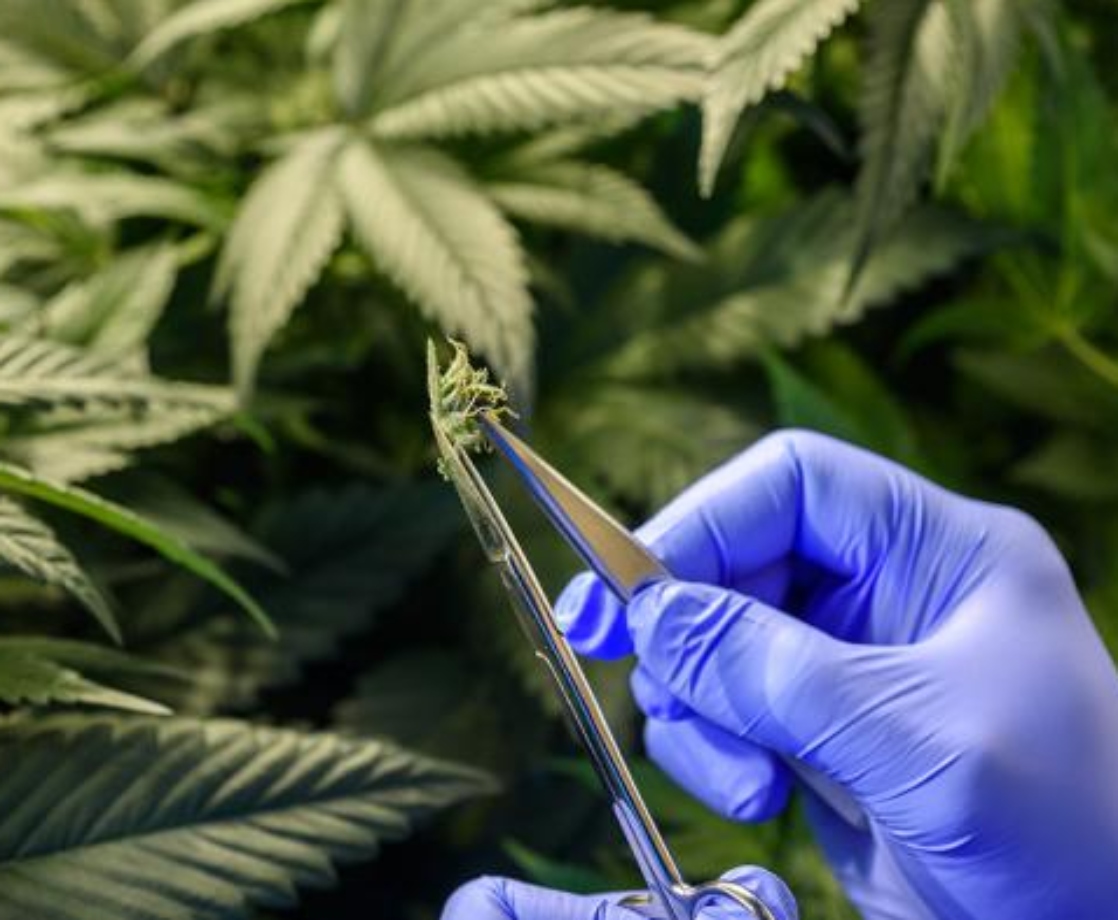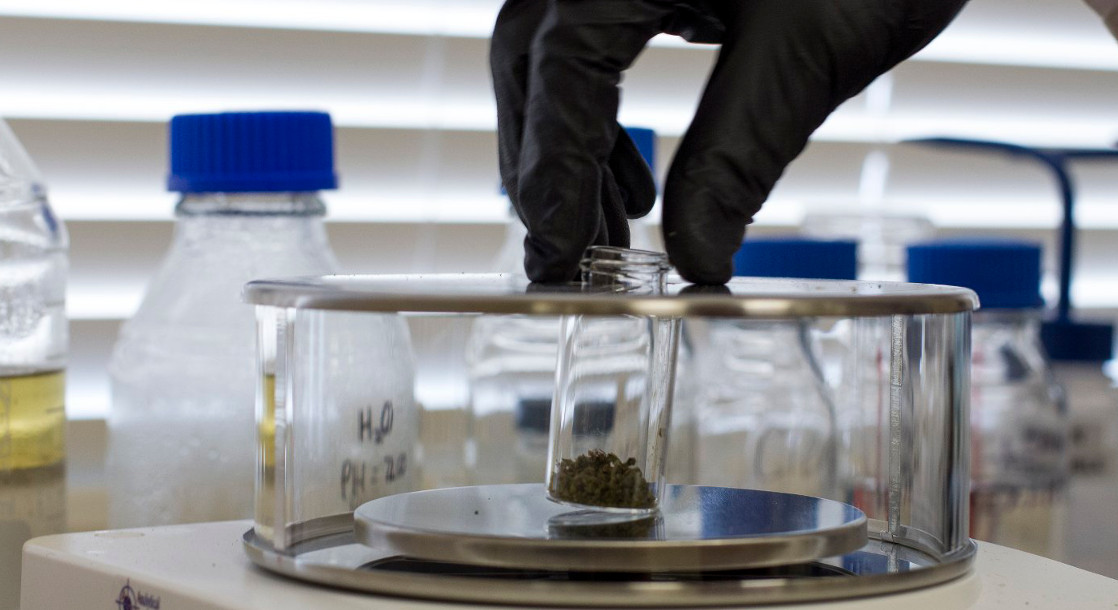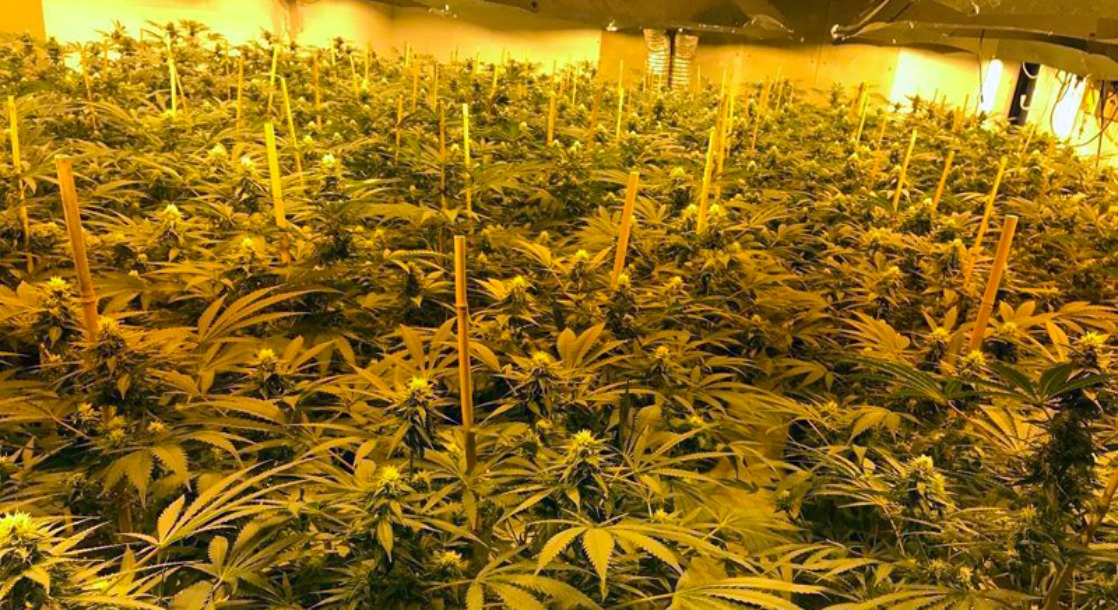The University of California, Davis is kicking off a groundbreaking study to analyze the biological and chemical profiles of cannabis. This research is being conducted in partnership with Biopharmaceutical Research Company (BRC), a research facility that has applied to the Drug Enforcement Agency (DEA) for permission to grow federally-legal cannabis for research purposes.
The federal government has provided legally-grown cannabis to researchers since the 1960s, but the quality of the weed provided by the single institution authorized to do so is notoriously low, hampering many scientists’ attempts to accurately perform research. In 2016, the DEA invited other institutions to apply for government approved cultivation — for research purposes, of course — but the agency has failed to approve any of the applicants, including BRC. Big shocker!
“BRC was founded on the mission of examining how cannabis can effectively be used to help patients across America, particularly veterans struggling with depression, post-traumatic stress, chronic pain and other wartime wounds,” said George Hodgin, founder and CEO of BRC, in a statement. “The BRC team is eager to support UC Davis in this research endeavor, and to help lawmakers and regulators better understand the science of cannabis, so stakeholders can more effectively make policy and health decisions.”
Gallery — Eye Spy Incredible Photos of Cannabis Isolates:
Although BRC hasn’t received the green light to grow its own federally-approved weed, researchers will still conduct tests in the facility’s federally-compliant labs. The study will focus on the science of the plant in order to give government officials accurate information to create regulations and policies. The study will also investigate the interactions among cannabis and the microbes, pests, and pathogens commonly found on cannabis.
The research team plans to focus “on molecular and traditional approaches to genotyping, phenotyping, pre-breeding and breeding for bespoke chemical signatures that may be of value to the pharmaceutical and other industries,” and will attempt to “address the environmental impact of cannabis and hemp cultivation, particularly water, pest, pathogen and greenhouse gas impacts and can offer advice on minimizing these environmental footprints.”
“While cannabis is already available for medicinal and recreational use in a majority of states, cannabis research has long struggled to keep pace with the law,” said Gail Taylor, professor and chair of the Department of Plant Sciences at UC Davis, in a statement. “We expect this partnership to bring more scientific understanding of the plant and its products so that regulators can more effectively manage potential risks and benefits.”
UC Davis’ commitment to cannabis research does not stop with this new study, however. The school is also establishing its own Cannabis and Hemp Research Center, intended to serve as a hub for “scientists, engineers, scholars, and clinicians involved in research related to cannabis and hemp.” This new center, which will launch later this year, will work to ensure that all cannabis research remains compliant with California’s cannabis laws.
“The center will stimulate new research and educational exchange by convening conferences and seminars, providing seed funding, and engaging with policymakers,” said Cindy Kiel, executive associate vice chancellor for research administration for the UC Davis Office of Research. “It will also provide a centralized resource to ensure compliance with current laws and policies.”











